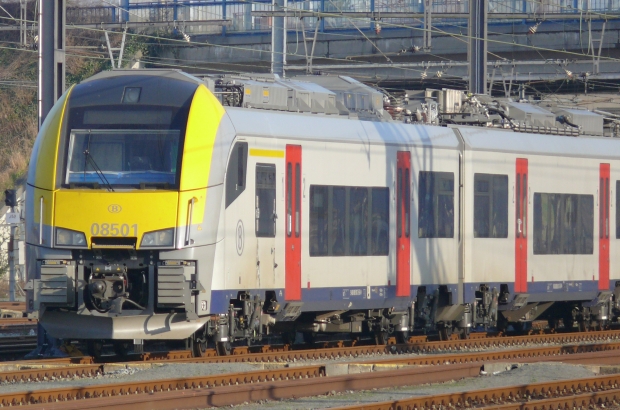- Daily & Weekly newsletters
- Buy & download The Bulletin
- Comment on our articles
Test-Achats files first-ever class action suit against SNCB
More than 20,000 people have signed up to join a class-action lawsuit brought by Belgium’s consumer organisation Test-Achats against the rail authority SNCB. The action is the first of its kind in the country since the law was changed last year to allow class-action suits.
Test-Achats’s suit alleges that seven strikes by SNCB personnel in the last eight months, including today by drivers’ union ASTB, have caused customers with travel passes a total of €24.5 million in damages – about €35 per person.
“One individual is too small to take court action, so we have decided to file a collective action,” said Ivo Mechels, director of Test-Achats. “Passengers have a right to damages, but too few of them ask because the system is so complicated. According to our calculations, SNCB has taken €24.5 million in unearned income, money that comes from pre-paid passes. That’s not fair. So we want to do something about it.”
Rail pass holders were recruited by Test-Achats workers handing out fliers in some of the larger train stations and via the organisation’s website. “This is the perfect opportunity to force a large company like SNCB to listen to its customers,” Mechels said.
SNCB now has 30 days to respond with an offer; if it is not accepted, the matter will go before a court in Brussels.
According to Roger Blanpain, KU Leuven emeritus professor of labour law, the suit is unfounded. “Test-Achats’s demands are in opposition to the principle of the right to strike – one of the fundamental rights of the Belgian Constitution,” he said. “The intention of a strike is to cause damage to a company or to put the company under pressure. The disruption of the organisation of work and financial damage are inherent consequences of a strike.” The unions, he said, have done nothing illegal.



















